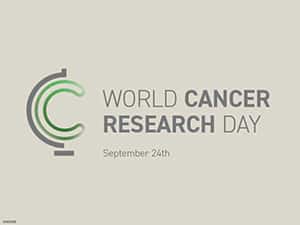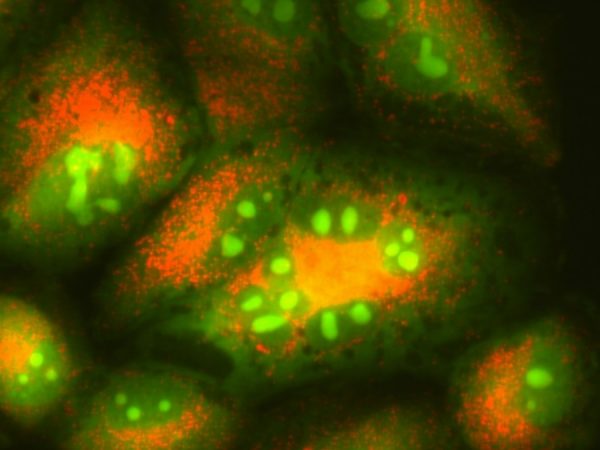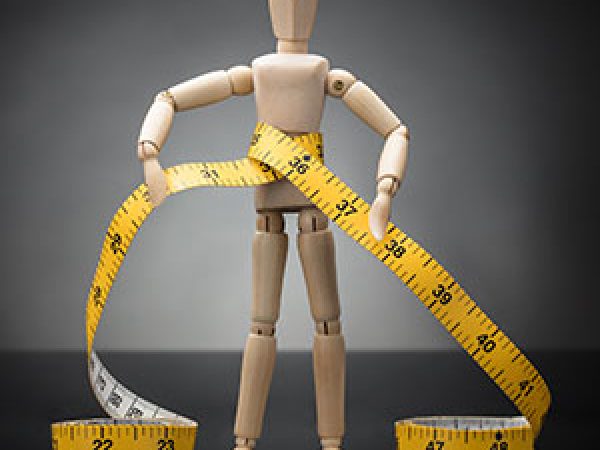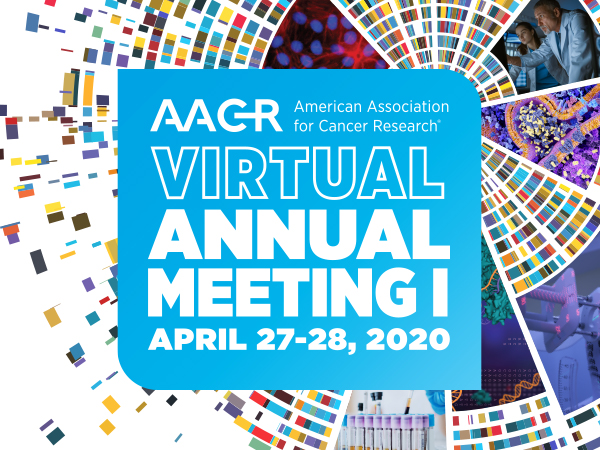World Cancer Research Day: AACR Convenes Global Health Equity Experts Driving Progress
To explore how “Innovation in Cancer Research Drives Progress Toward Health Equity,” the motto of this year’s World Cancer Research Day (WCRD), the American Association for Cancer Research (AACR) held a panel discussion in connection with the 17th AACR Conference on the Science of Cancer Health Disparities in Racial/Ethnic Minorities and the Medically Underserved, which proved to be an optimal location for a discussion on this topic.

“This is an outstanding conference hosted annually by the AACR that really presents novel and innovative research all toward elimination of health disparities that we know continuously plague various populations, not just in the United States, but also globally,” said Brian Rivers, PhD, MPH, a professor and director of the Cancer Health Equity Institute at Morehouse School of Medicine, who moderated the panel. “All can come and share their voice, and share their work, and share their strategy and hopefully develop … collaboration or partnership that extends around the world.”
In this particular panel, the following experts joined Rivers to share their views on how to drive progress toward health equity:
- Simone Badal, PhD, MBA, MPhil, BSc (hons), a senior lecturer at the Basic Medical Sciences Department at the University of the West Indies in Jamaica who also represents the National Cancer Institute’s Center for Global Health;
- Karen M. Winkfield, MD, PhD, Ingram Professor of Cancer Research at Vanderbilt Ingram Cancer Center, and a member of the American Society of Clinical Oncology (ASCO) Board of Directors; and
- Susan Matsuko Shinagawa, a three-time cancer survivor, passionate advocate for cancer health equity, and co-founder and past chair at the Asian & Pacific Islander National Cancer Survivors Network.
As a researcher in a low- to middle-income country (LMIC), Badal shared the keys to
bidirectional learning between LMICs and higher income nations so both parties can enrich their scientific understanding about inequities. “We have brilliant people, but we are overwhelmed,” Badal admitted. But she explained how research exchange and collaborations with trusted partners in higher-income countries can facilitate innovation.
Winkfield shared experiences about her early work going into Black communities within Boston to speak about clinical trials, her more recent projects with ASCO’s global partners, and generally, the need to ensure work like this continues. “We definitely have institutions that understand the importance of funding the generation of researchers that are really interested in reducing disparities and coming up with novel solutions.”
Shinagawa shared how much of her advocacy work has revolved around disaggregating data, so individuals like her can be truly seen. “I fell under this category called API, Asian Pacific Islander,” Shinagawa said. “Asian and Pacific Islander are two separate groups. … And each of those groups has three main groups with them. … And each of those groups has many, many other groups that come from different areas. They have different languages. … The food they eat is different. The culture is different. So, what the API really represented was not ideal.”
Rivers continued to share ways that the AACR is working to help address disparities like these. The Cancer Disparities Progress Report 2024, which is now in its third edition, outlines the complex socioeconomic, cultural, and environmental factors that drive and perpetuate cancer disparities; highlights the innovations that are reducing inequalities; and calls on necessary improvements to elevate quality of research in a way that ensures all individuals are represented. The AACR grants program seeks to diversify the cancer workforce by funding meritorious scientists from diverse backgrounds who are underrepresented in cancer science. The Minorities in Cancer Research constituency group is—and has been for decades—committed to fostering the career development of minority scientists.
Separate from the panel, but in connection with WCRD—and something that very much complements Badal’s comments—is a Science in Society article published in the AACR journal Cancer Discovery by Bob T. Li, MD, PhD, MPH, of Memorial Sloan Kettering Cancer Center. The piece, “Advancing Global Health Equity in Oncology Clinical Trials Access,” offers a framework for how to expand global collaboration, including with LMICs. Published on behalf of the Bloomberg New Economy International Cancer Coalition, McKinsey Cancer Center, and Cure4Cancer, Li details a “hub-and-spoke” model for clinical trials infrastructure, discusses how the strides some countries within Africa have made in trials for infectious diseases can be applied to cancer, and much more.
So, dive in to see how Li’s proposals can help propel global cancer research projects. And check out the video of the AACR’s WCRD panel below to see how else innovation in cancer research drives progress toward health equity. That’s not just a motto for today. It is a critical part of the AACR’s mission to prevent and cure all cancers.



